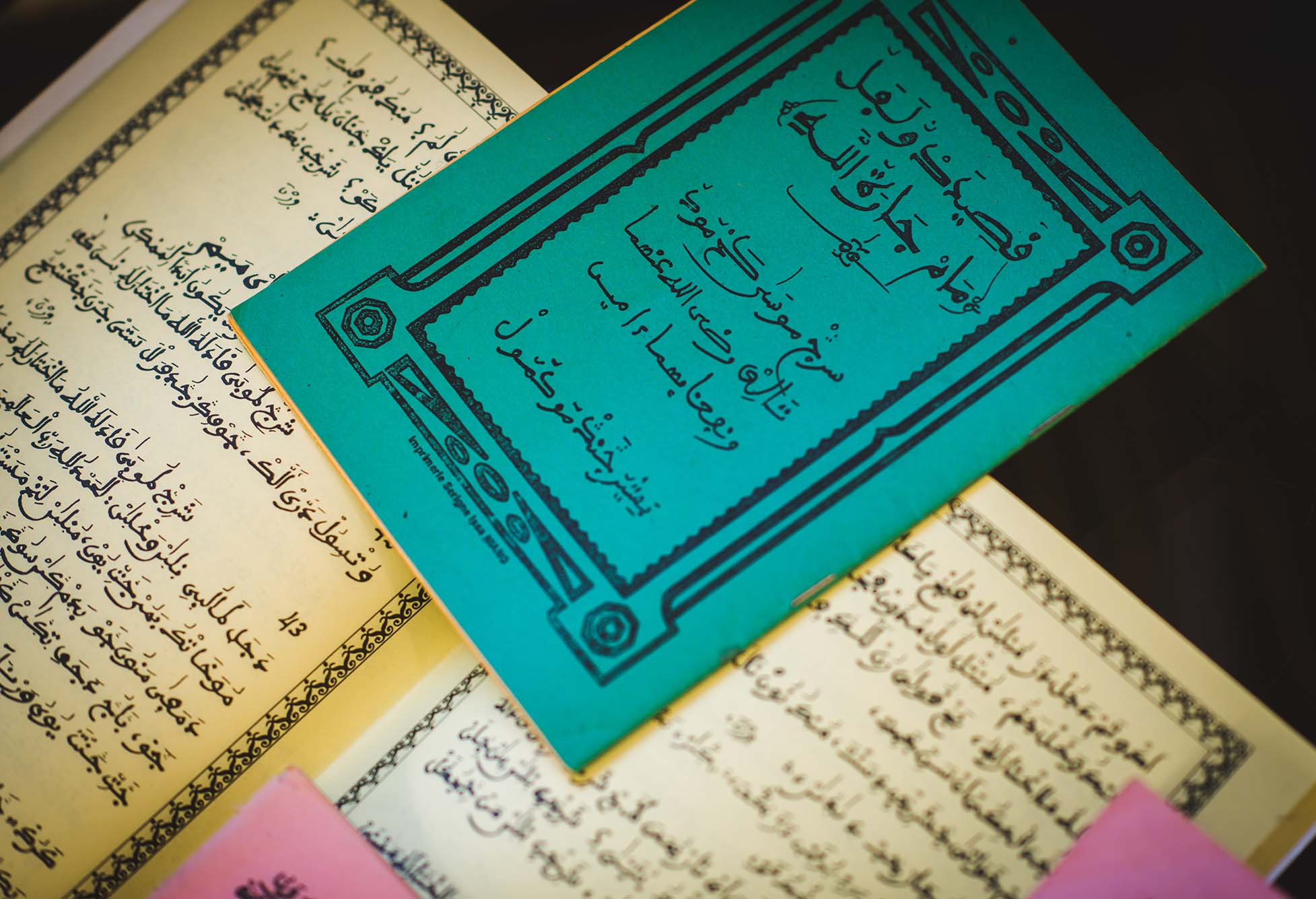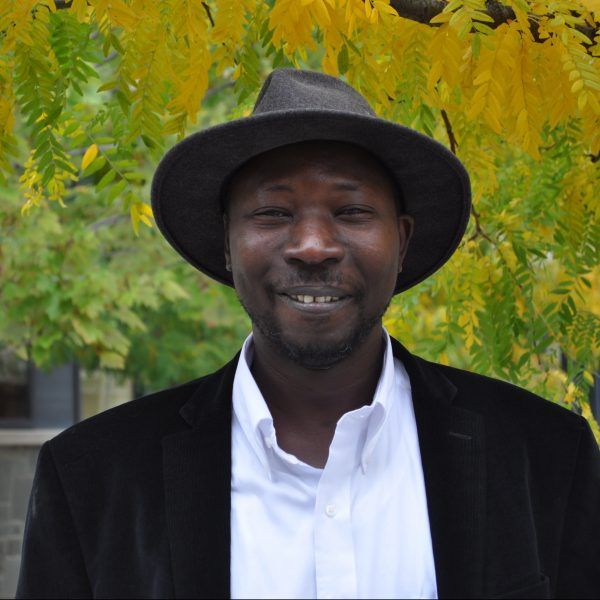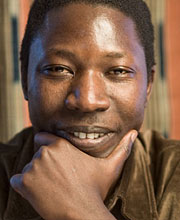Ajami Remains

The long used African writing system continues to more fully come to light. |
From Molly Callahan via The Brink at Boston University /
"What (Fallou) Ngom realized—slowly, and then with a bang—is that his father’s notes were just the beginning. He had proof that a centuries-old writing system was still thriving in many African countries.
In the same way that the Roman alphabet has been adopted to write English, French, and Spanish languages, Ngom’s research revealed that people in Senegal, Guinea, Nigeria, and other parts of West Africa use a modified Arabic alphabet to write in a number of local languages: Wolof, Hausa, Fula, Mandinka, Swahili, Amharic, Tigrigna, and Berber among them.
It was an enormous discovery. This writing system, called Ajami, dispelled the false notion peddled by European colonialists that large swaths of communities in sub-Saharan Africa were illiterate, with no native written languages of their own.
Some of the documents Ngom found on subsequent trips to the continent showed that their authors were code-switching throughout the text: writing in strict Arabic and in its modified Ajami form. Not only were such writers literate, they could also read and write in multiple languages." | Read the FULL ARTICLE.




